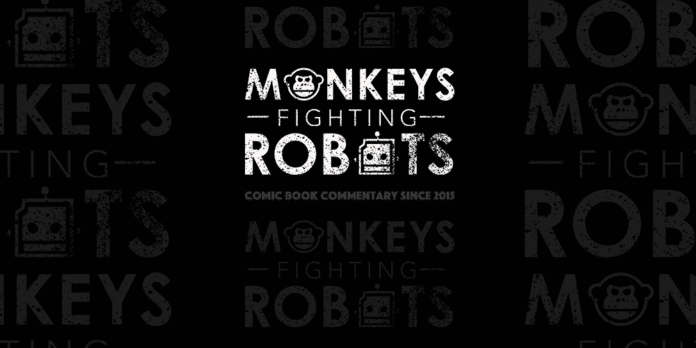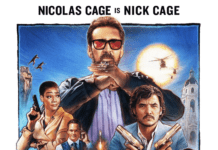Let me tell you a personal story; my late grandfather used to own an Oldsmobile/John Deere dealership, it was one of the most successful in the Midwest for decades. When I was young, I always felt that if they had the Oldsmobile dealership; everything would be OK. That is until GM folded the division in 2004 and refused to give him another product line to sell, this caused the domino effect of John Deere pulling out of the dealership, as well. There’s a reason I’m telling you this story; because this kind of greed and lack of human compassion is shown on full display in today’s retro review; Michael Moore’s first film: Roger & Me.
Roger & Me, is the upbeat story of General Motors and its relationship with the city of Flint, Michigan; after GM closed its production plants in Flint, during the mid-80s, and the fiscal impact, the plants’ closure had on the town. The film also tackles what little concern GM had for a city, that had given so much to GM for 50 years.

The structure of the film itself is somewhat loose and relies on crosscutting multiple stories together into a hypnotic weave. We have a police deputy who makes his money evicting people; a wife of a laid-off auto worker who sells rabbits as either “pets or meat”, what happened to Flint itself, with the desperate marketing efforts to get themselves out of the fiscal hole, and finally, Moore’s attempts to interview the then CEO of GM, Roger Smith (The “Roger” in the title), and bring him to Flint to see the devastation the closing of the plant brought to the town, (it doesn’t work).
Let’s talk about what works; mainly, the tone. The film splits its tone, into three distinctive styles, that mesh surprisingly well together. The first is the depression and misery of the working class, as people are laid off en masse; the quirky ways some of these people are trying to survive (the woman with “pets or meat”, a former feminist DJ, who was now [Now, in the film’s timeline] selling Amway, and the previously mentioned police deputy), seems inspired by the early work of Errol Morris (see: Gates of Heaven & Vernon, Florida). The second style is one I call; “The ironic bent,” in which Moore used comedic and dramatic irony; in quick succession. The greatest example of this comes relatively late in the film. Flint was going to be featured on ABC’s Nightline, with live shots. However the news van was stolen, the culprit was eventually found; he was a laid-off auto worker. If my description doesn’t make sense, let me explain: Moore had the setup (Nightline), then the first payoff with comedic irony (The van being stolen), and the final payoff with the dramatic irony (the thief being a former auto worker); in the span of one minute, Moore made us laugh, then brought the film back to pathos.

The third and final part, was Moore’s personal story, to bring Smith to Flint. Moore has been criticized for (still) playing the blue-collar joe, even though he’s made two of the most successful documentaries of all time (Bowling for Columbine, and Fahrenheit 9/11), and some people will say that disingenuous. I would tend to agree. However I don’t know his financial situation, so he might just be investing his earnings into his next film, I don’t know. Here, however, it’s genuine, and he doesn’t have enough money to appear disingenuous (at least to some people). Moore talks about his family’s connection that it seemed everyone in his family worked for GM, in Flint. It’s not taking up a cause, just because. He’s taking up the cause, because it’s personal. When I realized that, any thought of him being disingenuous (in this film, anyway) died off, quickly.
Film, by its intent, is universal, the ability to relate to what’s on the screen; as such, while Roger & Me is about GM and Flint, MI, it’s also about every town whose economy fell apart due to the avarice of a corporation. For Wilmington, OH: it was DHL; for many sleepy towns in Pennsylvania, it was the steel industry (and companies like US Steel), and in other small towns; it will be the fracking industry. It’s the old “second verse, same as the first” adage.

This universality brings us back to the beginning of this retro review; the auto dealership, that I mentioned. You’ll find very little trace of Willowdell Sales online, Versailles, OH doesn’t have an auto dealer anymore. Roger & Me, is the definitive statement of something I have always believed: “Don’t put your faith in a corporation, because they’ll sell it to the almighty dollar.”








